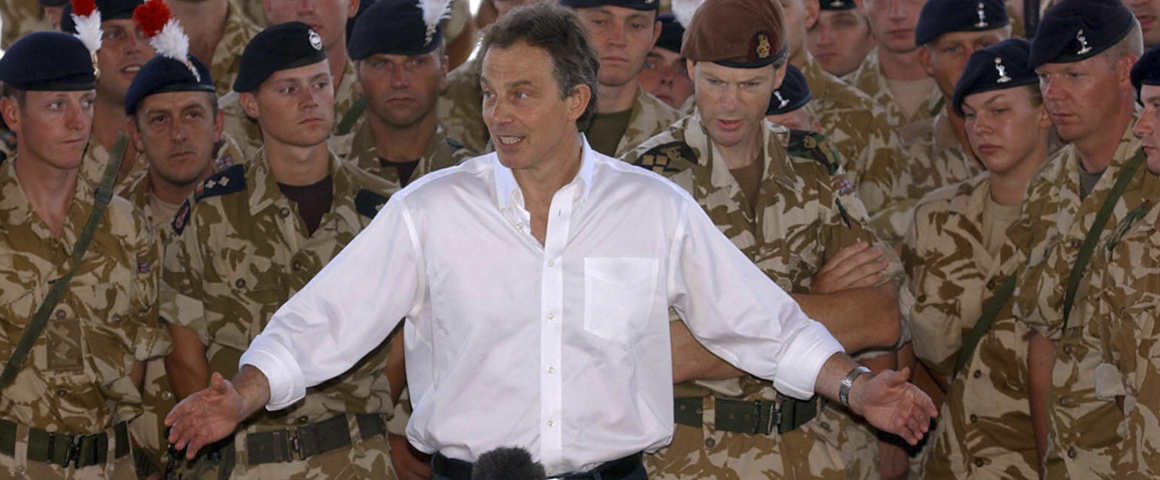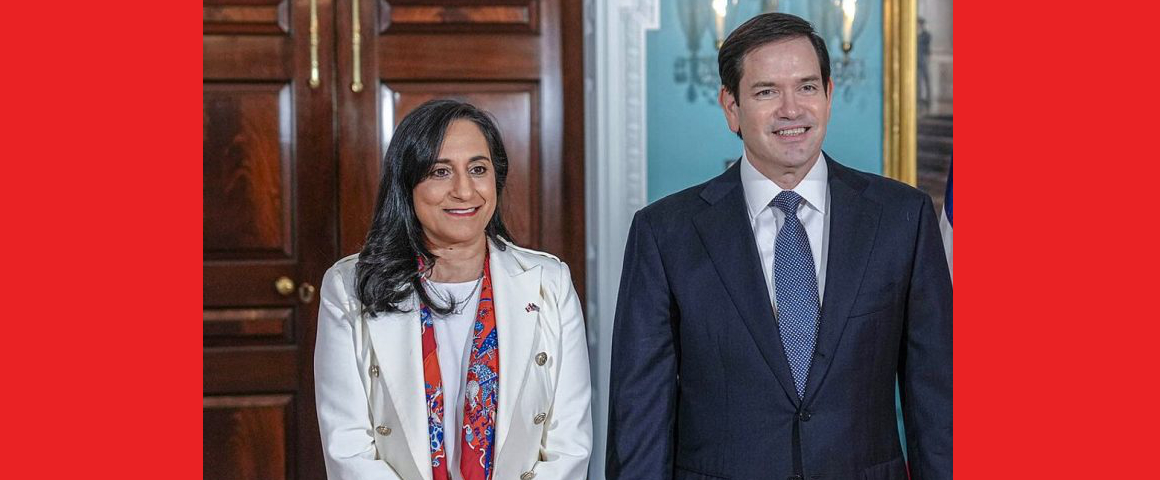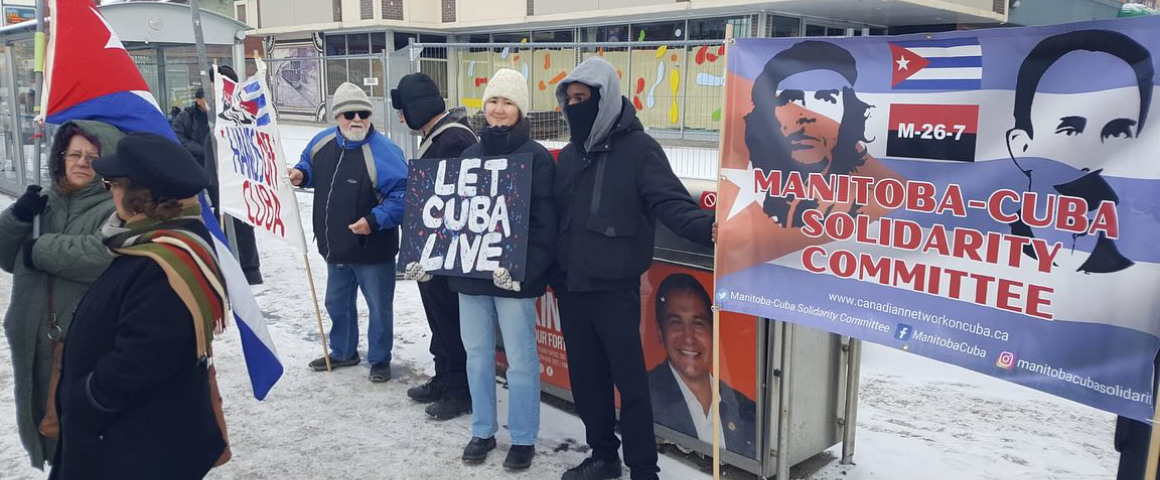On July 6, seven years after it was commissioned, the report of the Chilcot Inquiry into Britain’s role in the Iraq war was finally published. The findings are a devastating indictment of imperialist foreign policy: Saddam Hussein did not pose an urgent threat, intelligence regarding weapons of mass destruction was “presented with unwarranted certainty” (quite the understatement!), peaceful alternatives to war had not been exhausted, the UK and USA undermined the authority of the United Nations Security Council, a war in 2003 was unnecessary, etc.
Without stating it directly, the Chilcot Inquiry provides ample evidence that the Bush and Blair governments were guilty of launching a war of aggression, which the post-WW2 International Military Tribunal at Nuremberg defined as “the supreme international crime, differing only from other war crimes in that it contains within itself the accumulated evil of the whole.”
Of course, leaders of NATO powers still have a free pass to commit war crimes against millions of people; even so, the world must grasp the lessons of this predictable catastrophe, which reverberates today with deadly consequences in all corners of the planet. The roots of the illegal war against Iraq go back decades, to the 1970s when US imperialism reached around the world to stoke internal conflicts in Afghanistan as part of its Cold War attack against socialism. This strategy produced multiple, cascading effects, including the provision of massive weapons stockpiles to groups which formed the basis of ISIS and other fundamentalist forces. The lesson of the Chilcot Inquiry is that attempts to destroy these movements with brute military strength will inevitably escalate the spiral of violence and death. Tragically, the anti-war movement in Canada and most other NATO countries is much weaker today than at its peak before the war against Iraq. Rebuilding this movement is an urgent priority to prevent more such disasters.




